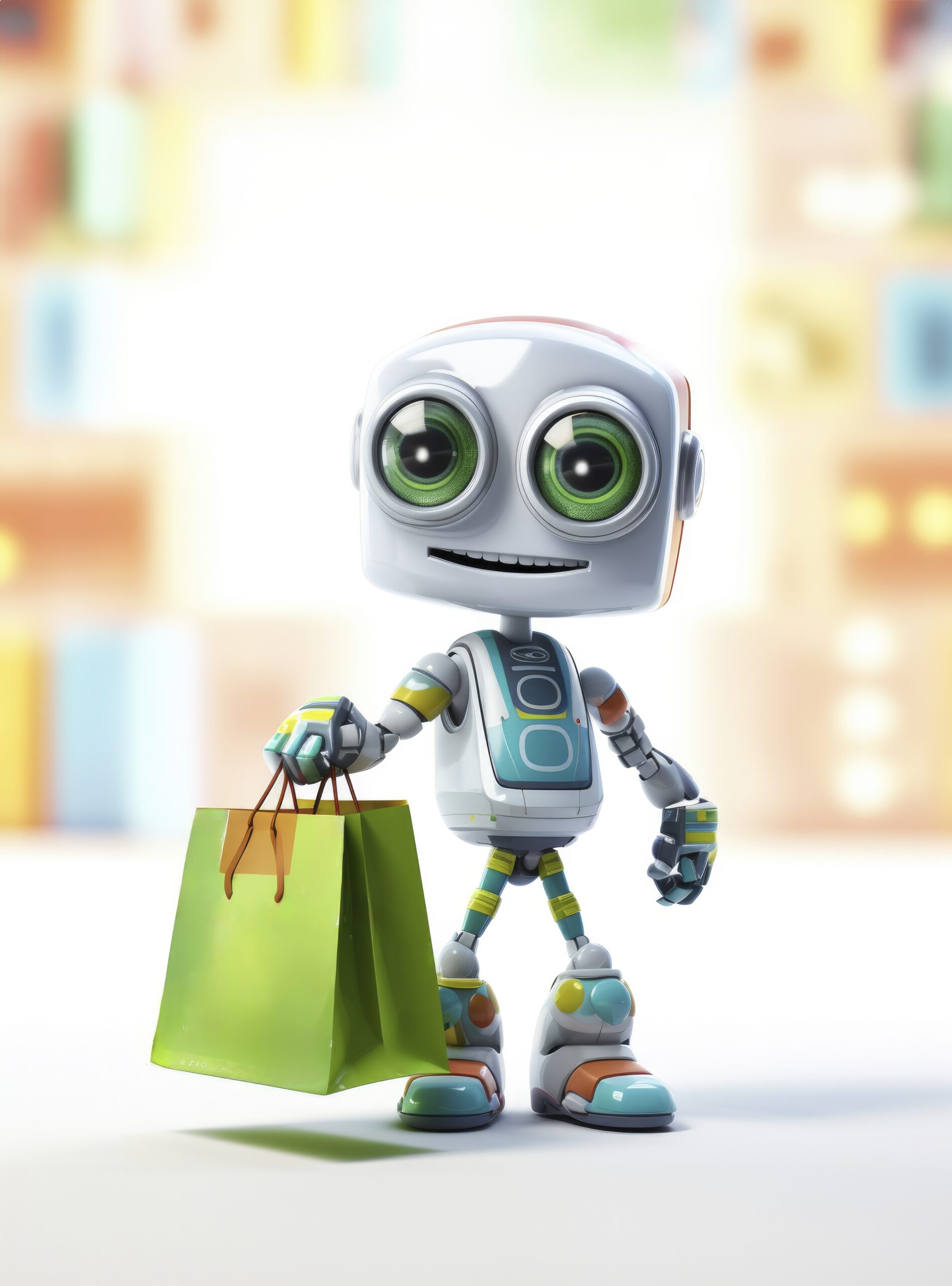Introduction
AI has evolved from the stuff of dreams to a game-changer for digital marketers today. Firms that have so far used a mix of human intuition and statistical analysis, are using AI to carry out more sophisticated data interpretations heralding a new era of business-customer interaction.
The advantage of AI is that it helps you gain insights into customer behaviors at remarkable speed by harvesting vast amounts of data. By using advanced capabilities such as data collection, natural language processing, machine learning, and data analysis AI is helping marketers get deep insights and automate tasks and decisions.
AI is offering great opportunities to make marketing more effective and personalized. It can respond to and adjust to a customer’s needs depending on their actions and preferences. Customers can be provided with relevant content triggered by actions on a site, an ad, or a branded message.
Fundamentally there are two ways businesses can use AI for marketing – one at the backend and the other at user-end. At the backend marketers use AI to forecast demand, develop customer profiles and carry out programmatic ad buying. On the customer-side, marketers use AI to enhance the shopping experience, thereby strengthening the brand and making more sales.
In this article we will discuss some details of how AI is used in Digital Marketing.
Use Cases of AI in Digital Marketing
AI-Powered Personalization: AI can help marketers personalize content, offers, and ads based on the browsing behavior of their customers, their demographics, and their preferences. This helps improve user experience and makes marketing efforts more successful increasing sales conversions.
AI-Powered Chatbots: AI-powered chatbots can provide personalized customer support by collecting data for lead generation and analysis. This way, they increase engagement of customers and their satisfaction.
Predictive Analytics: Machine learning algorithms can help marketers understand customers. They can analyze large amounts of data from social media, website analytics, and feedback to predict consumer behavior and identify trends. This helps them to improve products, inform market strategies and boost sales.
AI-Generated Content: AI-powered content creation tools can also help authors create more engaging blogs and social media content. They reduce the time and effort of the creator and optimize the content for SEO.
AI-Targeted Ads: AI algorithms can identify patterns in user data. This provides deeper insights into their behavior to help predict their activity, helps personalize messages and optimizes campaigns in real time.
AI-Based Voice Search: Voice search systems like Siri, Cortana, and Alexa make things a lot simpler for online shopping. They can search more easily and save a lot of time and effort than searching manually. Optimizing your website content for such systems, thus increases possibilities of sales.
AI-Based Image/Video Recognition: Image and video recognition is important in digital marketing in the cases of automated tagging, personalization, search functionality, visual content analysis, and creative inspiration. Creative inspiration helps suggest new content based on trends and preferences.
AI-Powered Fraud Detection: For fraud detection AI can detect anomalies, use predictive modeling, analyze text-based data, monitor activity in real time, and assign fraud scores providing security to businesses.
AI-Driven A/B Testing: A/B testing means to compare two versions of an object – it can be two versions of a web-page, blog or other content. This helps companies optimize their marketing campaigns to improve performance and reach their goals faster.
AI-Powered Marketing Automation: With AI, you can automate email, social media, and data analysis tasks. This relieves human personnel for more strategic and creative tasks, enhancing overall efficiency of business.
Final Takeaways
Artificial intelligence is a game changer for digital marketers as it helps personalize, optimize and automate many key marketing activities. Marketing teams can scale their operations, and it doesn’t have to break the bank.
Businesses using AI transform their marketing campaigns to acquire an edge over their competitors by remaining flexible, mindful of changes, and aware of consumer preferences. By embracing AI technologies and leveraging their capabilities, digital marketers unlock new opportunities and stay ahead in this increasingly competitive landscape.
